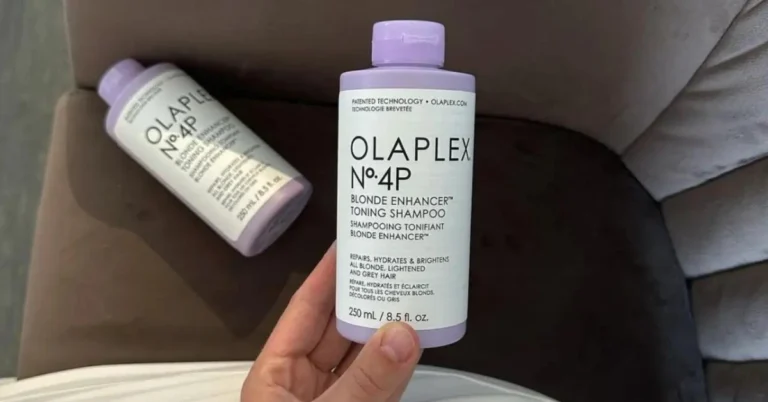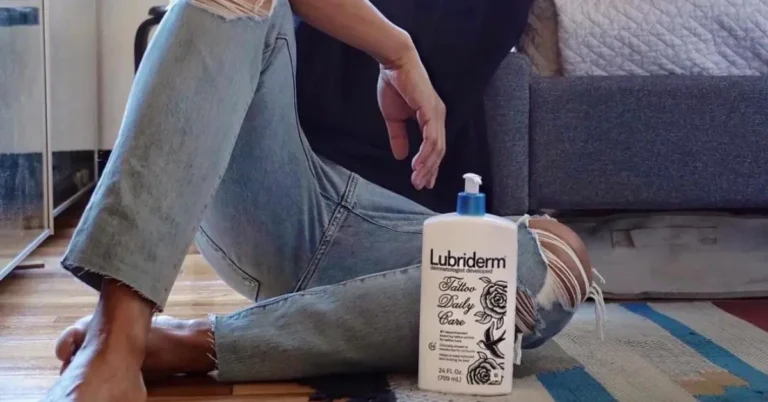Exploring the Effects of Parabens on Hair Well-being: Are you aware of the possible impacts that parabens, widely used as preservatives in numerous hair products, could have on the health of your hair? Despite their long-standing use, new studies have begun to challenge the long-term effects that parabens may have on both our hair and overall health.
In this article, we’ll dive into what parabens are, how they affect our hair, and what alternative options are available for those of you looking for a healthier hair care routine.
Table of Contents
What Do Parabens Do to Your Hair?
Since the 1920s, parabens have been used as artificial preservatives in hair care and beauty products. But they can disrupt the body’s endocrine system, causing a variety of hair issues such as drying, scalp irritation, fading color, and even hair loss.
Parabens are easily absorbed through the skin and can harm your scalp, making it potentially hazardous for long-term use. I strongly recommend you avoid Parabens unless proven otherwise.
What are Parabens?

Parabens are man-made chemicals that are used as preservatives in cosmetics, pharmaceuticals, foods, and beverages.
They are used to keep fungi, yeast, and bacteria at bay, which can reduce the shelf life of products. and they have been used in cosmetics since the 1920s. They are frequently found in small amounts in personal care products to prevent bacteria or fungus from growing.
However, some studies have suggested that parabens may be linked to health risks such as endocrine disruption and cancer, so it is critical to read labels carefully when purchasing paraben-containing products.
How Parabens Affect Hair?
Parabens are a type of preservative commonly used in hair care products to extend their shelf life. When you apply them to your hair and scalp, parabens can have short-term and long-term effects.
In the short term, parabens can dry out the hair and scalp, causing irritation and potentially leading to the formation of dandruff. In the long term, exposure to parabens has been linked to hormonal imbalances, an increased risk of cancer, damage to hair follicles, and reduced hair growth.
It’s important that you’re aware of the effects of parabens and consider alternative hair care options that are free of these preservatives. By choosing products made with natural ingredients, you can help to promote a healthy and balanced scalp, leading to stronger and healthier hair.
Alternatives to Parabens in Hair Care Products

If you are looking for alternatives to parabens in hair care products, there are a number of options available. Some of the most popular alternatives include:
- Natural ingredients: Many hair care products are now made with natural ingredients like tea tree oil, lavender, and aloe vera, which can help to soothe and hydrate the scalp while preserving the product.
- Chemical-free hair care: Some hair care brands have completely eliminated parabens and other harsh chemicals from their products, opting instead for all-natural or organic ingredients.
- Reading labels: When you shop for hair care products, it’s important to read the labels and do research to find out what ingredients are included. Look for products that are free of parabens and other harmful chemicals, and consider choosing products that are certified organic or made with natural ingredients.
Paraben Free Hair Products
There are many paraben-free hair care products available, including Tresemme Two Hair Spray For a Frizz-Free Look Extra Hold, SheaMoisture Jamaican black castor oil line, MAJESTIC PURE Apple Cider Vinegar Shampoo and L’Oréal Paris Elvive Hylauron Plump Shampoo.
FAQ:
What are the negative effects of parabens?
Parabens have been linked to a variety of negative health effects, including hormone disruption, changes in brain and cholesterol function, high blood sugar, and an increased risk of breast cancer. They can also cause skin irritation and allergic reactions, particularly in people who have sensitive or damaged skin.
Are parabens the same as sulfates?
No, they are two different types of chemicals found in personal care products. Parabens are preservatives that prevent bacteria growth, whereas sulfates are cleansing agents that create lather.
Are parabens actually safe?
Parabens have been deemed safe for use in cosmetics by the United States Food and Drug Administration (FDA) and the Centers for Disease Control and Prevention (CDC), with no suggested concentration limits. Scientific evidence suggests, however, that parabens can disrupt hormones in the body and harm fertility. The FDA is still investigating the safety of parabens, despite the fact that EU and FDA regulations consider them safe to use in their current form. Some experts believe that parabens cause cancer, but more research is needed to confirm this.
What is the benefit of paraben free?
Although paraben-free products are free of harmful chemicals like parabens, they may still contain preservatives to extend shelf life. Choosing paraben-free products can help avoid allergies, keep skin looking youthful, and prevent the growth of harmful fungi, mold, and bacteria.
Are parabens allowed in Europe?
The European Union has prohibited the use of five parabens in cosmetics and personal care products. However, the use of parabens in cosmetics is still permitted under EU law, with a maximum total concentration allowed. In contrast, parabens are not subject to such restrictions in the United States, where they can be found in a wide range of skin and hair care products.
How do you know if shampoo has parabens?
Check the ingredients list on the back of the bottle to see if it contains parabens. Paraben ingredients that are commonly used include methylparaben, propylparaben, butylparaben, isopropyl paraben, and isobutylparaben. Parabens are commonly found in shampoos and conditioners in concentrations ranging from 0.15-0.3% by weight. If you want to avoid parabens, there are a growing number of alternatives available. Sulfates can be identified by looking for the word “sulfate” on the ingredients list.
If you liked this blog article about the question: What Do Parabens Do to Your Hair, don’t forget to leave us a comment down below to tell us about your experience with parabens in haircare products.




